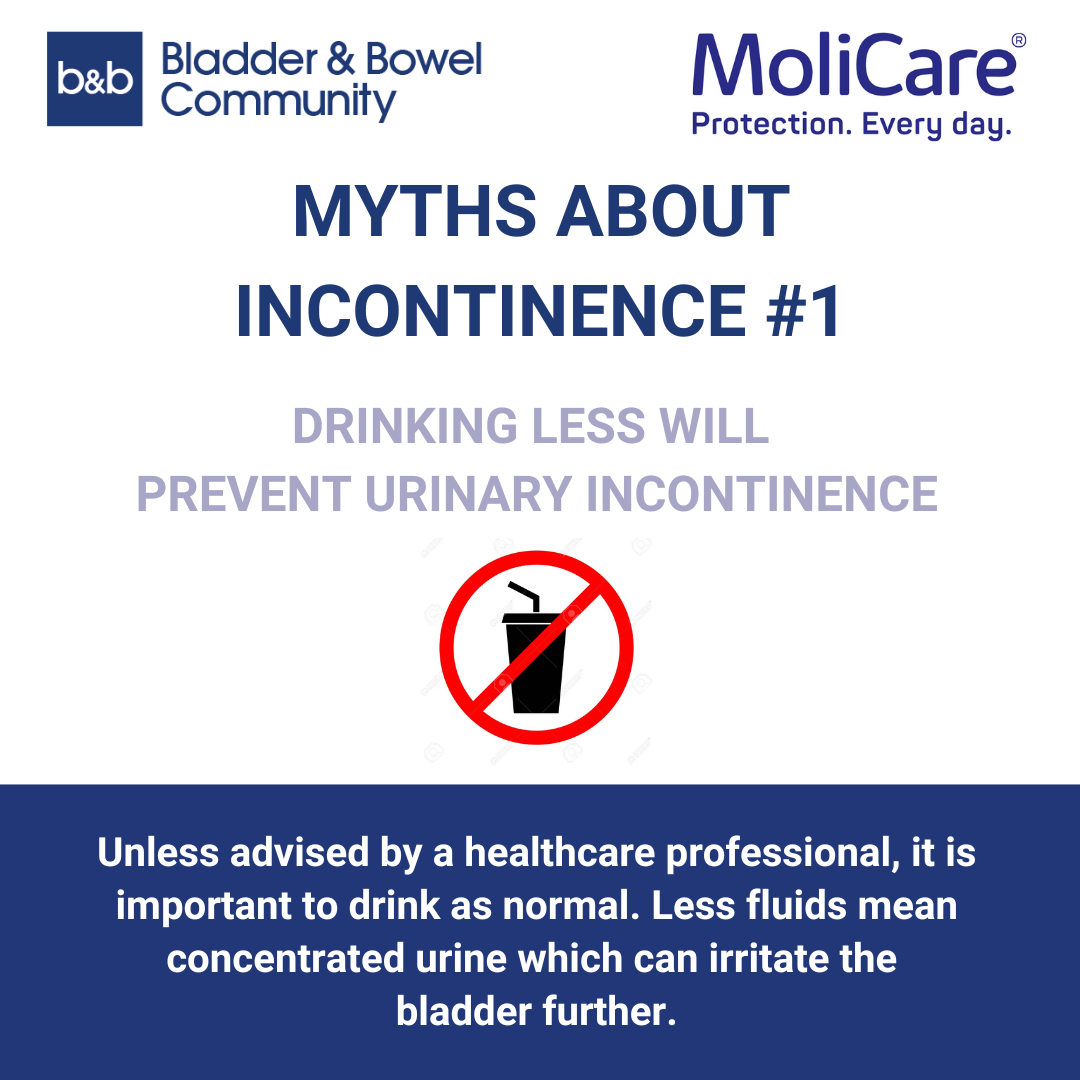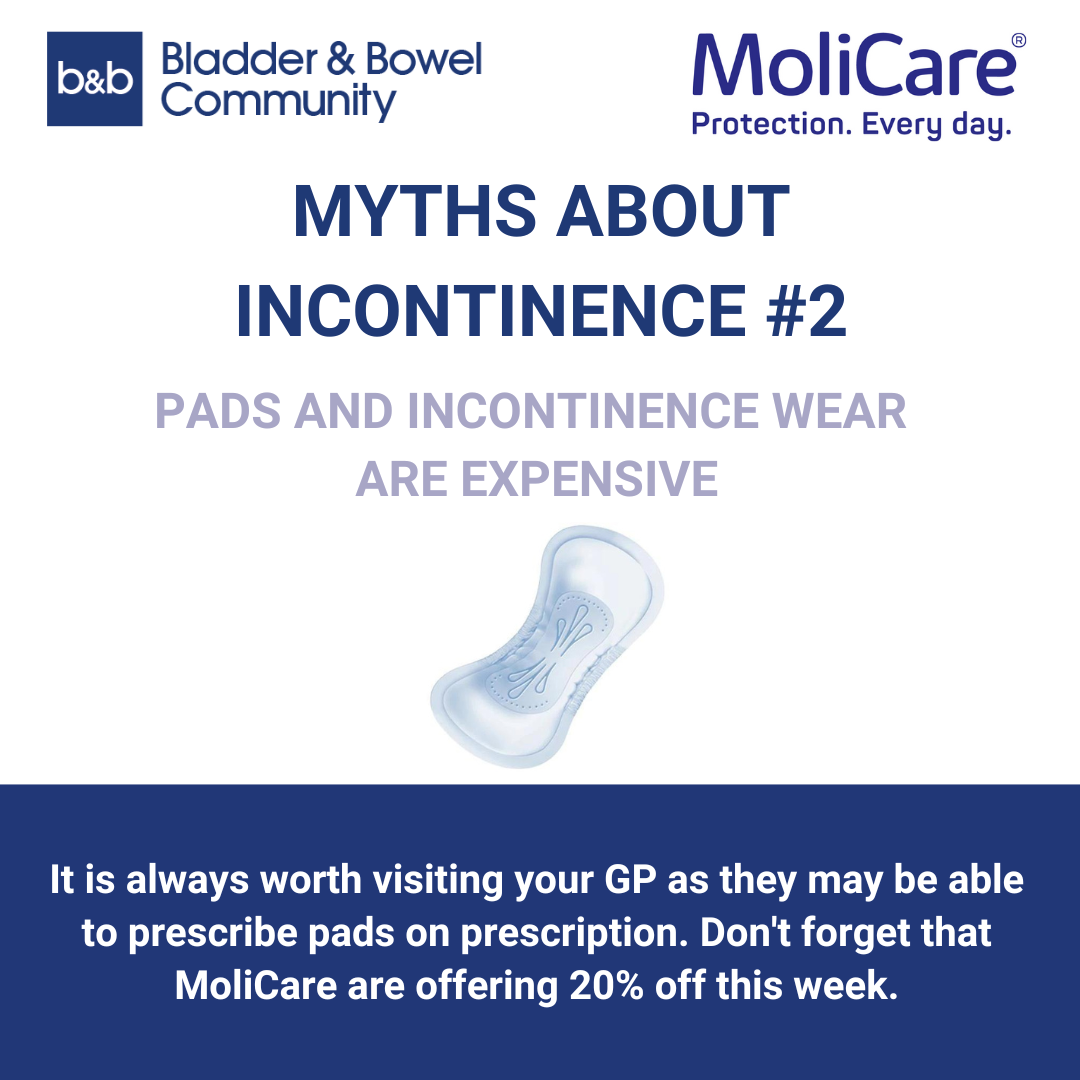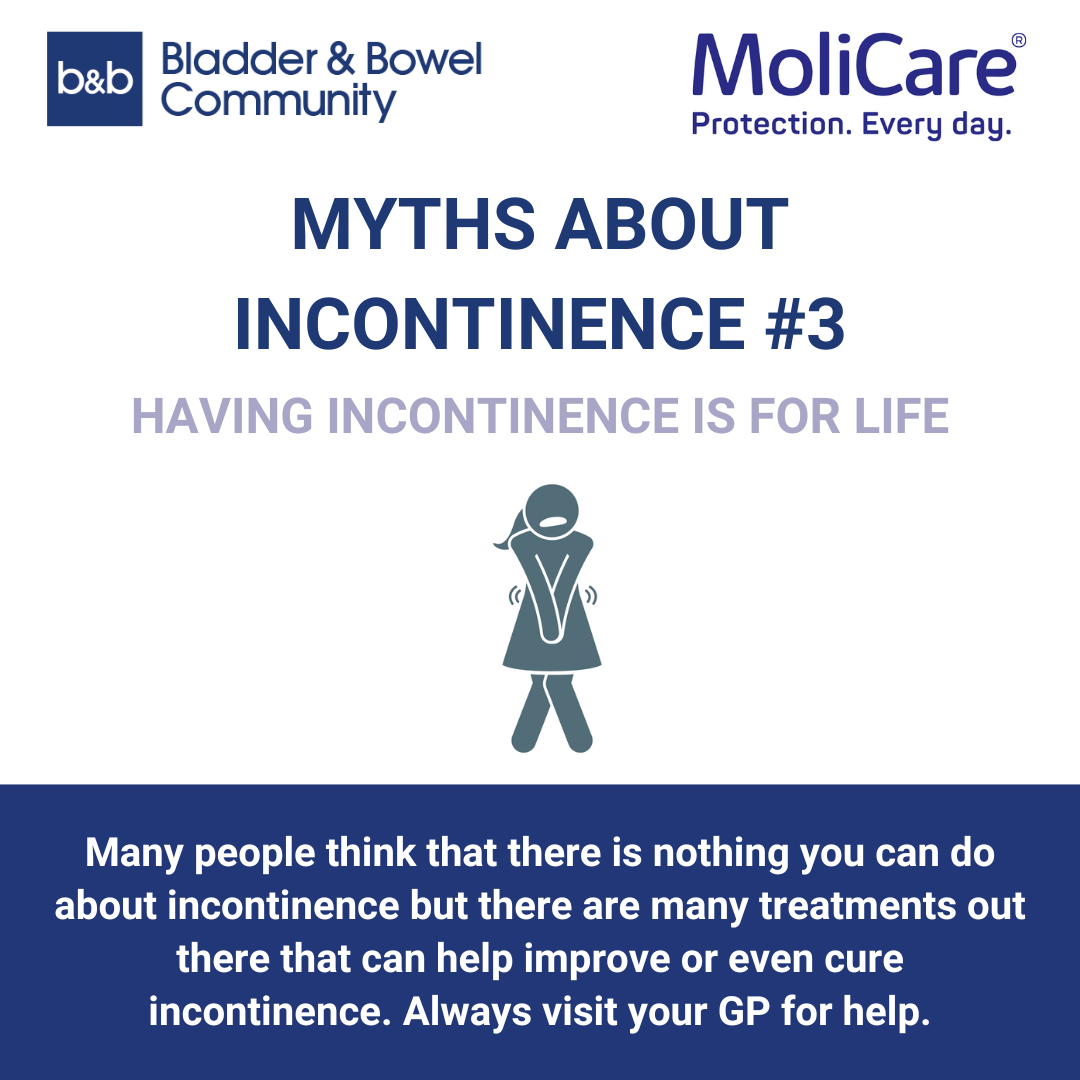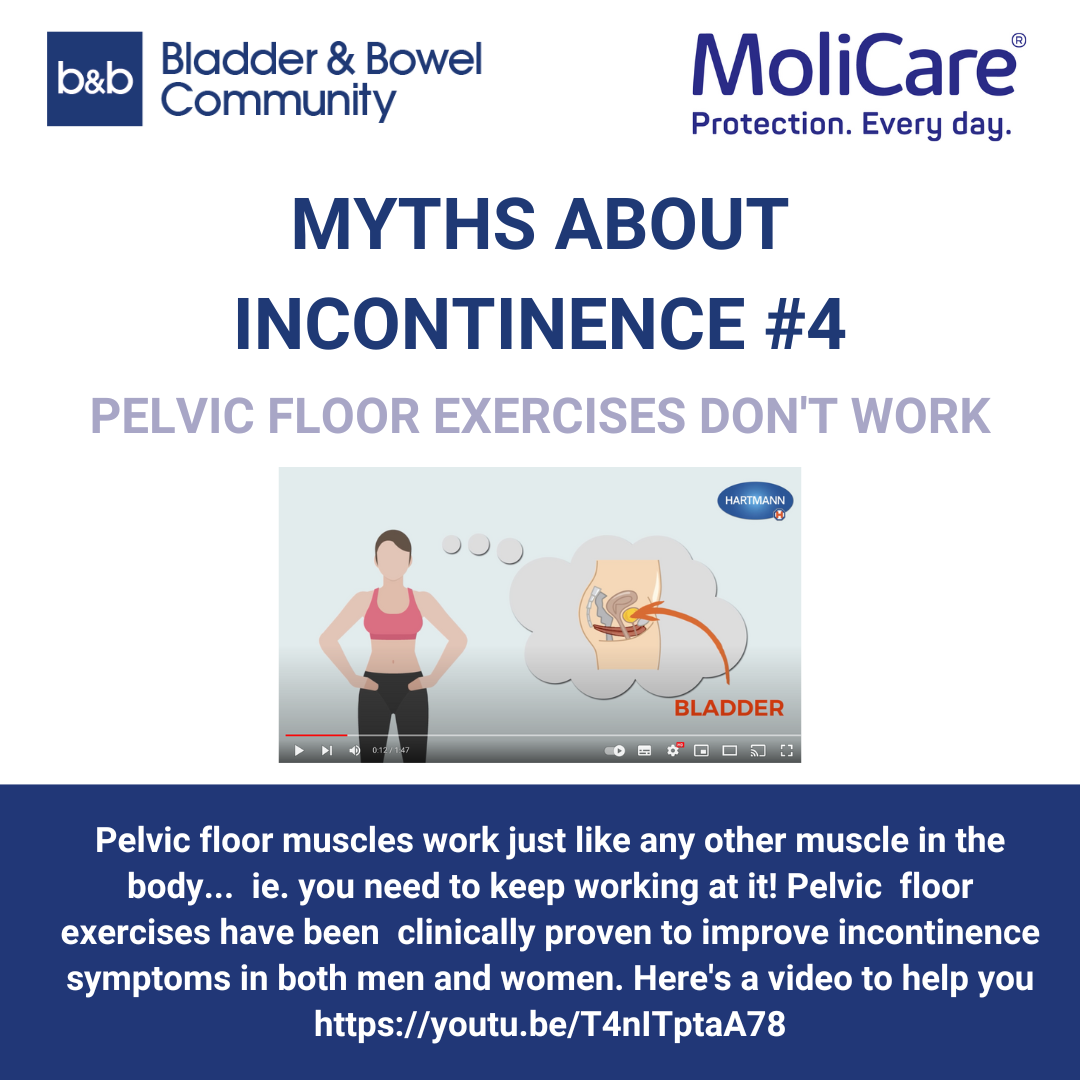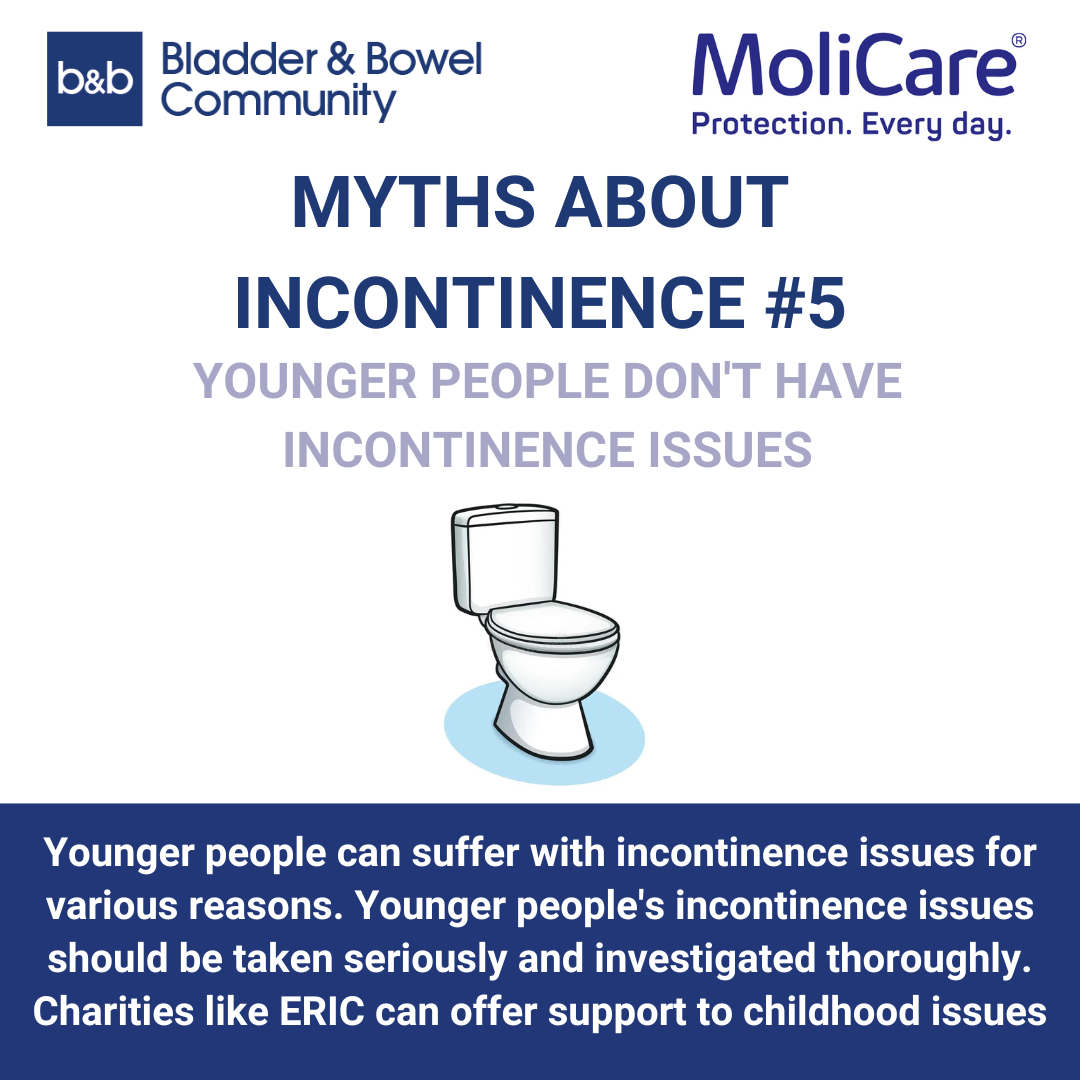World Continence Week ran from the 19th to the 23rd June and is an annual initiative managed and run by the World Federation of Incontinence and Pelvic Problems (WFIPP). In support of the event, we worked alongside incontinence specialists at MoliCare to provide you with facts, bust the myths and offer patient stories about incontinence across our social channels.
The event has gained endorsement and support from influential continence organisations around the world. Each year it offers discussion into patient access to primary care and promotes best practice between clinicians. This creates an informative platform to learn, share, and grow as we try to break down the stigma attached to bladder or bowel health issues for both patients and professionals.
Bladder weakness affects 1 in 3 women and 1 in 10 men, which makes it more common than hayfever.
– WFIPP –
What is the WFIPP?
The World Federation of Incontinence and Pelvic Problems champions the patient voice for anyone living with incontinence or pelvic floor dysfunction. They act as an umbrella for national organisations to share insights and innovation in continence care. In addition, they seek to influence policy and as a result create a more effective support system for people living with incontinence and enable access to appropriate treatments.
World Continence Week aims to:
- Globally facilitate continence awareness and promotion to improve health, wellness and quality of life.
- Provide a reputable forum for those seeking information on Continence Promotion and therapies.
- Create a worldwide network of events and organisations that will be recognised as leading authorities of continence and bladder and bowel health information.
- Further establish continence awareness and promote a multi-disciplinary approach to treatment.
This year World Continence Week showcases a particular focus on Commitment to Collaboration in Continence Care, also known as the 4 C’s Project.
Themes for World Continence Week 2023
This year there were a series of continence related webinars focusing on:
- Innovation in Continence Care – New treatments unveiled by the companies behind them.
- Special roundtable-style event dedicated to the 4 C’s Project around Commitment to Collaboration in Continence Care
- Discussion about Stigma and Taboo, both with prominent speakers from across the globe.
Let’s get out there and do something for the 400 million to ensure the success of WCW23
– WFIPP –
Myths around Incontinence
During World Continence Week 2023 we took to social media, sharing facts about incontinence covering urinary and faecal incontinence in order to bust some myths and common assumptions.
The posts that you loved most this week included our 5 top myths busted:
Facts about Incontinence
With around 14 million people in the UK suffering with some form of bladder condition and 6.5 million with a bowel condition, this is a health concern for so many, who often suffer in silence.
- Did you know that 1 in 8 of us live with an overactive bladder1? Based on the UK population, that’s around 8.5 million people.
- 14 million men, women, young people and children of all ages are living with bladder problems
- Around 61% of men the UK will experience lower urinary tract symptoms
- Around 34% of women are living with urinary incontinence.
Source: NHS Excellence in Continence Care
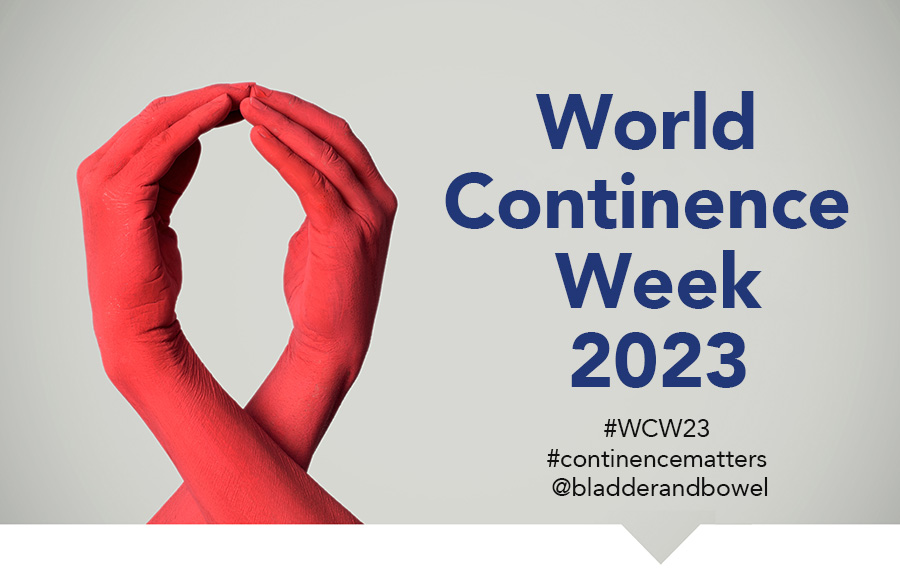
Join the Conversation
Each year Bladder & Bowel Community contribute to World Continence Week across our social media channels, with special guest articles and Community insights. Please like and share our posts, and be sure to leave a comment if you can and use #WCW.
Follow, like and share in the event with us:
![]() Find us on Instagram at @bladderandbowel
Find us on Instagram at @bladderandbowel
![]() Follow us on Facebook with @bbcommunityuk
Follow us on Facebook with @bbcommunityuk
![]() Tweet with us at @bladderandbowel
Tweet with us at @bladderandbowel
 Or find us on Linked In
Or find us on Linked In
Where to get help
If you’re experiencing difficulties with your bladder or bowel health, please visit your GP or local healthcare professional. They will be able to advise and find the best treatment options for you.
There are so many people that suffer in silence with bladder and bowel continence issues. Sometimes it can help to speak to someone in a similar situation. You’ll find a welcoming and supportive environment with our closed Facebook Group, aimed at encouraging peer support in a neutral space. Join the conversation here.
References
- NHS Excellence in Continence Care 2018
- https://wfipp.org/resource/world-continence-week-2023-toolkit/


